The allure of a road trip through Tennessee is undeniable. From the majestic Great Smoky Mountains to the vibrant music scenes of Nashville and Memphis, the Volunteer State offers a tapestry of experiences. For many travelers, the freedom of the open road also means the flexibility of their accommodation. But as the sun dips below the horizon and fatigue sets in, a crucial question arises for those seeking a budget-friendly or spontaneous overnight stop: Is it illegal to sleep in your car in Tennessee?
The answer, like many legal matters, is not a simple yes or no. Tennessee, like most states, doesn’t have a blanket statewide law prohibiting sleeping in your vehicle. However, this doesn’t mean you can just pull over anywhere and catch some Zs. The legality of sleeping in your car in Tennessee is a complex web of local ordinances, property rights, and public safety concerns. Understanding these nuances is crucial to avoid potential fines, citations, or even more serious trouble.
This comprehensive guide will delve into the intricacies of sleeping in your car in Tennessee, exploring the various factors that determine legality, common pitfalls to avoid, and best practices for a safe and legal overnight stay. We’ll uncover the patchwork of rules that govern this practice, empowering you with the knowledge to enjoy your Tennessee adventure without unwanted legal entanglements.
Understanding the Legal Landscape: A Patchwork of Rules
The absence of a statewide ban on sleeping in your car in Tennessee does not equate to a free-for-all. Instead, the authority to regulate this activity largely falls to local municipalities and counties. This means that what might be perfectly acceptable in one town could be strictly prohibited in another, just a few miles down the road.
Local Ordinances: The Primary Determinants
City and county governments have the power to enact ordinances that address public order, safety, and the use of public spaces. These ordinances are often where you’ll find specific rules pertaining to camping, loitering, and sleeping in vehicles. Common reasons for these ordinances include:
- Public Health and Sanitation: Unsanitary conditions can arise from individuals sleeping in vehicles in public areas.
- Public Nuisance: Excessive noise, littering, or blocking public access can be considered a nuisance.
- Property Rights: Private property owners have the right to control who is on their land.
- Safety Concerns: Law enforcement may have concerns about individuals sleeping in vehicles in poorly lit or high-traffic areas.
Consequently, you’re likely to encounter restrictions in areas such as:
- City Parks and Public Recreation Areas: Many parks have closing hours and specific rules against overnight camping or sleeping in vehicles, even if not explicitly stated as “sleeping in your car.”
- Rest Areas on State Highways: While designed for travelers to rest, many rest areas have limits on how long you can stay, and explicitly sleeping in your car for extended periods might be discouraged or prohibited by signage.
- Street Parking in Residential Areas: Local ordinances often prohibit sleeping in vehicles on residential streets, particularly overnight. This can be due to concerns about loitering, blocking driveways, or creating a sense of unease for residents.
- Commercial Parking Lots: Stores like Walmart, Cracker Barrel, or truck stops may have their own policies. While some are known to be more accommodating to overnight parking (often called “boondocking”), this is usually at the discretion of the property owner and can change without notice. Sleeping in your car in a deserted parking lot without permission could be considered trespassing.
The Grey Areas and Common Misinterpretations
The absence of a specific “no sleeping in your car” sign doesn’t automatically grant permission. Law enforcement officers often have the discretion to issue citations for related offenses such as:
- Loitering: If you are perceived to be hanging around a public place for no apparent reason, especially after being warned, you could be cited for loitering.
- Trespassing: Parking on private property without permission and then sleeping in your car can lead to trespassing charges.
- Public Intoxication: If your behavior while in your car is disruptive or indicative of intoxication, you could face charges related to public intoxication.
- Disorderly Conduct: Causing a disturbance or engaging in behavior that is likely to annoy or alarm others can fall under this category.
It’s also important to understand that the definition of “sleeping” can be subjective. If you are simply resting your eyes for a short period while in your vehicle, it’s unlikely to be an issue. However, setting up camp, cooking, or staying for an extended period that disrupts others or appears to be an attempt to permanently reside in your vehicle can attract unwanted attention.
Common Scenarios and Their Legality in Tennessee
To better illustrate the complexities, let’s consider some common scenarios:
The allure of a road trip through Tennessee is undeniable. From the majestic Great Smoky Mountains to the vibrant music scenes of Nashville and Memphis, the Volunteer State offers a tapestry of experiences. For many travelers, the freedom of the open road also means the flexibility of their accommodation. But as the sun dips below the horizon and fatigue sets in, a crucial question arises for those seeking a budget-friendly or spontaneous overnight stop: Is it illegal to sleep in your car in Tennessee?
The answer, like many legal matters, is not a simple yes or no. Tennessee, like most states, doesn’t have a blanket statewide law prohibiting sleeping in your vehicle. However, this doesn’t mean you can just pull over anywhere and catch some Zs. The legality of sleeping in your car in Tennessee is a complex web of local ordinances, property rights, and public safety concerns. Understanding these nuances is crucial to avoid potential fines, citations, or even more serious trouble.
This comprehensive guide will delve into the intricacies of sleeping in your car in Tennessee, exploring the various factors that determine legality, common pitfalls to avoid, and best practices for a safe and legal overnight stay. We’ll uncover the patchwork of rules that govern this practice, empowering you with the knowledge to enjoy your Tennessee adventure without unwanted legal entanglements.
Understanding the Legal Landscape: A Patchwork of Rules
The absence of a statewide ban on sleeping in your car in Tennessee does not equate to a free-for-all. Instead, the authority to regulate this activity largely falls to local municipalities and counties. This means that what might be perfectly acceptable in one town could be strictly prohibited in another, just a few miles down the road.
Local Ordinances: The Primary Determinants
City and county governments have the power to enact ordinances that address public order, safety, and the use of public spaces. These ordinances are often where you’ll find specific rules pertaining to camping, loitering, and sleeping in vehicles. Common reasons for these ordinances include:
- Public Health and Sanitation: Unsanitary conditions can arise from individuals sleeping in vehicles in public areas.
- Public Nuisance: Excessive noise, littering, or blocking public access can be considered a nuisance.
- Property Rights: Private property owners have the right to control who is on their land.
- Safety Concerns: Law enforcement may have concerns about individuals sleeping in vehicles in poorly lit or high-traffic areas.
Consequently, you’re likely to encounter restrictions in areas such as:
- City Parks and Public Recreation Areas: Many parks have closing hours and specific rules against overnight camping or sleeping in vehicles, even if not explicitly stated as “sleeping in your car.”
- Rest Areas on State Highways: While designed for travelers to rest, many rest areas have limits on how long you can stay, and explicitly sleeping in your car for extended periods might be discouraged or prohibited by signage.
- Street Parking in Residential Areas: Local ordinances often prohibit sleeping in vehicles on residential streets, particularly overnight. This can be due to concerns about loitering, blocking driveways, or creating a sense of unease for residents.
- Commercial Parking Lots: Stores like Walmart, Cracker Barrel, or truck stops may have their own policies. While some are known to be more accommodating to overnight parking (often called “boondocking”), this is usually at the discretion of the property owner and can change without notice. Sleeping in your car in a deserted parking lot without permission could be considered trespassing.
The Grey Areas and Common Misinterpretations
The absence of a specific “no sleeping in your car” sign doesn’t automatically grant permission. Law enforcement officers often have the discretion to issue citations for related offenses such as:
- Loitering: If you are perceived to be hanging around a public place for no apparent reason, especially after being warned, you could be cited for loitering.
- Trespassing: Parking on private property without permission and then sleeping in your car can lead to trespassing charges.
- Public Intoxication: If your behavior while in your car is disruptive or indicative of intoxication, you could face charges related to public intoxication.
- Disorderly Conduct: Causing a disturbance or engaging in behavior that is likely to annoy or alarm others can fall under this category.
It’s also important to understand that the definition of “sleeping” can be subjective. If you are simply resting your eyes for a short period while in your vehicle, it’s unlikely to be an issue. However, setting up camp, cooking, or staying for an extended period that disrupts others or appears to be an attempt to permanently reside in your vehicle can attract unwanted attention.
Common Scenarios and Their Legality in Tennessee
To better illustrate the complexities, let’s consider some common scenarios:
Scenario 1: Sleeping in your car at a Walmart parking lot.
- Legality: Generally, many Walmarts across the country have a reputation for allowing overnight RV parking. However, this is not a guarantee in Tennessee. Individual store managers have the discretion to allow or prohibit overnight parking. It is highly advisable to check with the store manager before you plan to stay overnight. Some Tennessee Walmarts may have specific ordinances in place or corporate policies that disallow overnight sleeping. Arriving late and leaving early, and ensuring your vehicle does not obstruct business, are also important considerations.*
Scenario 2: Sleeping in your car at a state park rest area.
- Legality: Rest areas on Tennessee highways are primarily intended for short-term breaks and driver fatigue relief. While you might be able to nap for a few hours, overnight sleeping is generally discouraged and often prohibited. Look for signage that indicates maximum stay limits. Staying longer than permitted could result in being asked to move by law enforcement or park rangers.*
Scenario 3: Sleeping in your car on a quiet residential street.
- Legality: This is highly likely to be illegal in most Tennessee municipalities. Residential streets are subject to local ordinances that may prohibit overnight parking or sleeping in vehicles, particularly if it appears you are establishing a temporary residence. Neighbors might also report your presence, leading to law enforcement intervention.*
Scenario 4: Sleeping in your car in a designated campground.
- Legality: This is perfectly legal, provided you are in a designated campground and have paid any required fees. Campgrounds are established for overnight stays, and sleeping in your car is a common practice for many campers.*
Scenario 5: Sleeping in your car in a remote, undeveloped area.
- Legality: This falls into a grey area. If the land is privately owned, it’s trespassing. If it’s publicly owned, it depends on the specific land management regulations. For instance, some dispersed camping may be allowed on national forest lands, but sleeping in your car might still be restricted or require specific permits. Ignorance of ownership does not excuse trespassing.*
Tips for a Safe and Legal Overnight Stay in Your Car in Tennessee
While the rules can be confusing, with a little planning and common sense, you can often find safe and legal places to sleep in your car in Tennessee.
- Prioritize Private Property with Permission: The safest and most legal approach is to seek permission from private property owners. This could include:
- Campgrounds: As mentioned, this is the ideal scenario.
- Friend’s or Family’s Driveway: If you have friends or family in Tennessee, ask if you can park in their driveway for the night.
- Business Owners: For businesses like truck stops or certain types of retail stores (like some 24-hour grocery stores or outdoor recreation outfitters), a polite inquiry with the manager might yield permission. Be prepared for a “no” and have a backup plan.
- Research Local Ordinances Before You Go: If you plan to travel through specific towns or cities, do a quick online search for their municipal codes or ordinances related to camping, loitering, or overnight vehicle parking. Many city websites have these documents readily available.
- Look for Designated Overnight Parking Areas: Some areas specifically cater to RVers and travelers looking for overnight parking, often for a small fee or even for free. Truck stops, some travel plazas, and even certain casino parking lots might offer this. Keep an eye out for signage.
- Utilize Apps and Online Resources: There are numerous apps and websites dedicated to finding safe overnight parking spots for travelers, including those who sleep in their cars. These often include user reviews and tips specific to locations. Apps like iOverlander, Harvest Hosts (though this is typically for RVs), and dedicated truck stop locator apps can be invaluable.
- Be Discreet and Respectful: If you do find a spot that seems permissible, be as discreet as possible.
- Keep your car windows covered: Use sunshades or curtains to block the view inside your vehicle.
- Minimize noise: Avoid loud music, conversations, or running your engine unnecessarily.
- Keep it clean: Do not litter or leave any trace of your presence. Dispose of all trash properly.
- Do not set up camp: Avoid deploying chairs, tables, or awnings. The goal is to sleep, not to camp out in the open.
- Be prepared to move: If someone asks you to leave – whether it’s a property owner, a law enforcement officer, or even a concerned citizen – comply immediately and politely.
- Understand Rest Area Etiquette: While you might be able to nap at a rest area, aim to keep your stay brief. Don’t treat it like a campsite. Keep your car doors locked and avoid making it obvious that you are sleeping there for an extended period.
- Consider Safety First: Always choose well-lit areas where there are other people around. Avoid isolated or dimly lit locations, which can be targets for crime. Your personal safety should always be the top priority.
The Legal Ramifications of Ignoring the Rules
Failing to adhere to local ordinances or property rights when sleeping in your car in Tennessee can lead to several unpleasant consequences:
- Fines: The most common consequence is a monetary fine, which can vary significantly depending on the offense and the jurisdiction.
- Citations: You may receive a traffic citation or a citation for violating a local ordinance.
- Being asked to leave: Law enforcement or property owners can ask you to vacate the premises. Refusal can escalate the situation.
- Vehicle Impoundment: In some cases, particularly if you are found to be trespassing or causing a significant disturbance, your vehicle could be impounded, leading to substantial towing and storage fees.
- Criminal Charges: In more serious situations, such as repeated offenses, resisting arrest, or being found to be intoxicated and a danger to yourself or others, you could face criminal charges.*
Conclusion: Navigating Tennessee Responsibly
Sleeping in your car in Tennessee is not inherently illegal, but it is a practice that requires careful consideration of local laws, property rights, and common sense. The absence of a statewide ban means that the rules are decentralized and vary from one community to the next. By understanding the potential legal pitfalls, researching your intended locations, and prioritizing safety and respect for others, you can navigate Tennessee’s diverse landscape without encountering legal trouble.
Ultimately, responsible travelers who are mindful of their surroundings and the regulations in place are less likely to face negative consequences. Always err on the side of caution, seek permission when necessary, and be prepared to relocate if your chosen spot is not suitable or permissible. With a little diligence, you can enjoy the freedom and adventure of the open road in Tennessee while staying on the right side of the law.
- Legality: Generally, many Walmarts across the country have a reputation for allowing overnight RV parking. However, this is not a guarantee in Tennessee. Individual store managers have the discretion to allow or prohibit overnight parking. It is highly advisable to check with the store manager before you plan to stay overnight. Some Tennessee Walmarts may have specific ordinances in place or corporate policies that disallow overnight sleeping. Arriving late and leaving early, and ensuring your vehicle does not obstruct business, are also important considerations.*
Scenario 2: Sleeping in your car at a state park rest area.
- Legality: Rest areas on Tennessee highways are primarily intended for short-term breaks and driver fatigue relief. While you might be able to nap for a few hours, overnight sleeping is generally discouraged and often prohibited. Look for signage that indicates maximum stay limits. Staying longer than permitted could result in being asked to move by law enforcement or park rangers.*
Scenario 3: Sleeping in your car on a quiet residential street.
- Legality: This is highly likely to be illegal in most Tennessee municipalities. Residential streets are subject to local ordinances that may prohibit overnight parking or sleeping in vehicles, particularly if it appears you are establishing a temporary residence. Neighbors might also report your presence, leading to law enforcement intervention.*
Scenario 4: Sleeping in your car in a designated campground.
- Legality: This is perfectly legal, provided you are in a designated campground and have paid any required fees. Campgrounds are established for overnight stays, and sleeping in your car is a common practice for many campers.*
Scenario 5: Sleeping in your car in a remote, undeveloped area.
- Legality: This falls into a grey area. If the land is privately owned, it’s trespassing. If it’s publicly owned, it depends on the specific land management regulations. For instance, some dispersed camping may be allowed on national forest lands, but sleeping in your car might still be restricted or require specific permits. Ignorance of ownership does not excuse trespassing.*
Tips for a Safe and Legal Overnight Stay in Your Car in Tennessee
While the rules can be confusing, with a little planning and common sense, you can often find safe and legal places to sleep in your car in Tennessee.
- Prioritize Private Property with Permission: The safest and most legal approach is to seek permission from private property owners. This could include:
- Campgrounds: As mentioned, this is the ideal scenario.
- Friend’s or Family’s Driveway: If you have friends or family in Tennessee, ask if you can park in their driveway for the night.
- Business Owners: For businesses like truck stops or certain types of retail stores (like some 24-hour grocery stores or outdoor recreation outfitters), a polite inquiry with the manager might yield permission. Be prepared for a “no” and have a backup plan.
- Research Local Ordinances Before You Go: If you plan to travel through specific towns or cities, do a quick online search for their municipal codes or ordinances related to camping, loitering, or overnight vehicle parking. Many city websites have these documents readily available.
- Look for Designated Overnight Parking Areas: Some areas specifically cater to RVers and travelers looking for overnight parking, often for a small fee or even for free. Truck stops, some travel plazas, and even certain casino parking lots might offer this. Keep an eye out for signage.
- Utilize Apps and Online Resources: There are numerous apps and websites dedicated to finding safe overnight parking spots for travelers, including those who sleep in their cars. These often include user reviews and tips specific to locations. Apps like iOverlander, Harvest Hosts (though this is typically for RVs), and dedicated truck stop locator apps can be invaluable.
- Be Discreet and Respectful: If you do find a spot that seems permissible, be as discreet as possible.
- Keep your car windows covered: Use sunshades or curtains to block the view inside your vehicle.
- Minimize noise: Avoid loud music, conversations, or running your engine unnecessarily.
- Keep it clean: Do not litter or leave any trace of your presence. Dispose of all trash properly.
- Do not set up camp: Avoid deploying chairs, tables, or awnings. The goal is to sleep, not to camp out in the open.
- Be prepared to move: If someone asks you to leave – whether it’s a property owner, a law enforcement officer, or even a concerned citizen – comply immediately and politely.
- Understand Rest Area Etiquette: While you might be able to nap at a rest area, aim to keep your stay brief. Don’t treat it like a campsite. Keep your car doors locked and avoid making it obvious that you are sleeping there for an extended period.
- Consider Safety First: Always choose well-lit areas where there are other people around. Avoid isolated or dimly lit locations, which can be targets for crime. Your personal safety should always be the top priority.
The Legal Ramifications of Ignoring the Rules
Failing to adhere to local ordinances or property rights when sleeping in your car in Tennessee can lead to several unpleasant consequences:
- Fines: The most common consequence is a monetary fine, which can vary significantly depending on the offense and the jurisdiction.
- Citations: You may receive a traffic citation or a citation for violating a local ordinance.
- Being asked to leave: Law enforcement or property owners can ask you to vacate the premises. Refusal can escalate the situation.
- Vehicle Impoundment: In some cases, particularly if you are found to be trespassing or causing a significant disturbance, your vehicle could be impounded, leading to substantial towing and storage fees.
- Criminal Charges: In more serious situations, such as repeated offenses, resisting arrest, or being found to be intoxicated and a danger to yourself or others, you could face criminal charges.*
Conclusion: Navigating Tennessee Responsibly
Sleeping in your car in Tennessee is not inherently illegal, but it is a practice that requires careful consideration of local laws, property rights, and common sense. The absence of a statewide ban means that the rules are decentralized and vary from one community to the next. By understanding the potential legal pitfalls, researching your intended locations, and prioritizing safety and respect for others, you can navigate Tennessee’s diverse landscape without encountering legal trouble.
Ultimately, responsible travelers who are mindful of their surroundings and the regulations in place are less likely to face negative consequences. Always err on the side of caution, seek permission when necessary, and be prepared to relocate if your chosen spot is not suitable or permissible. With a little diligence, you can enjoy the freedom and adventure of the open road in Tennessee while staying on the right side of the law.
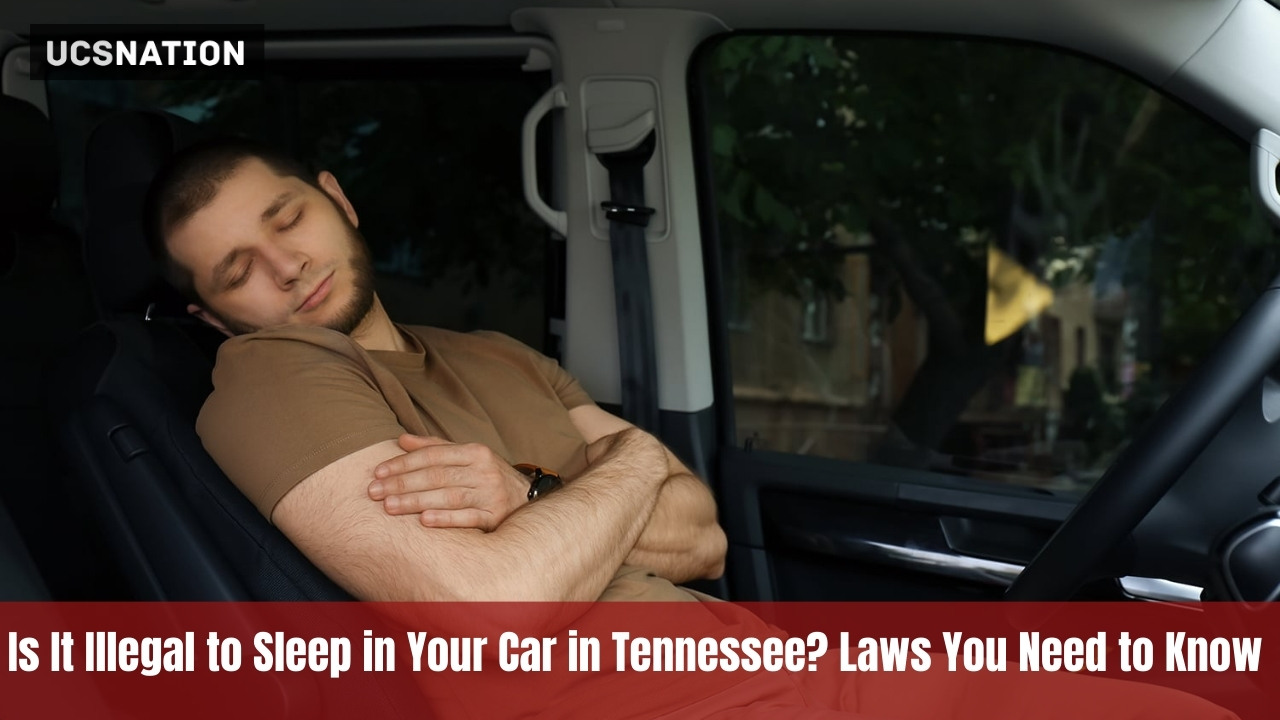





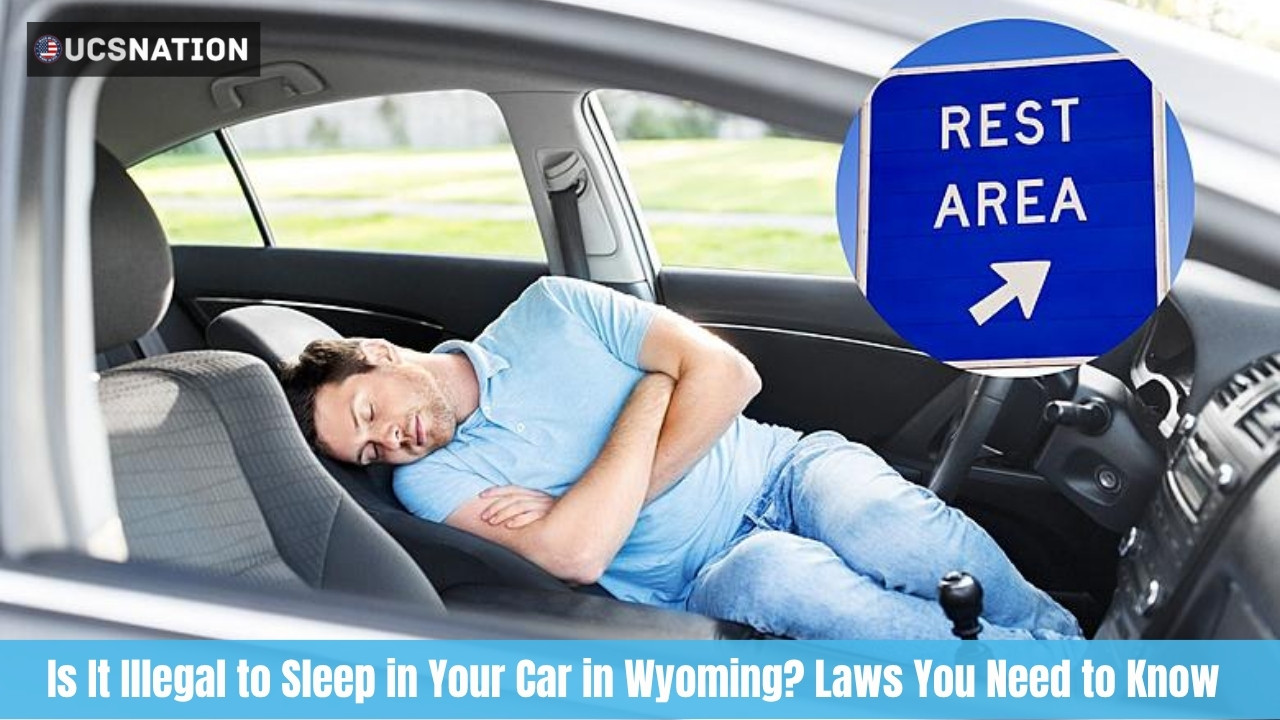
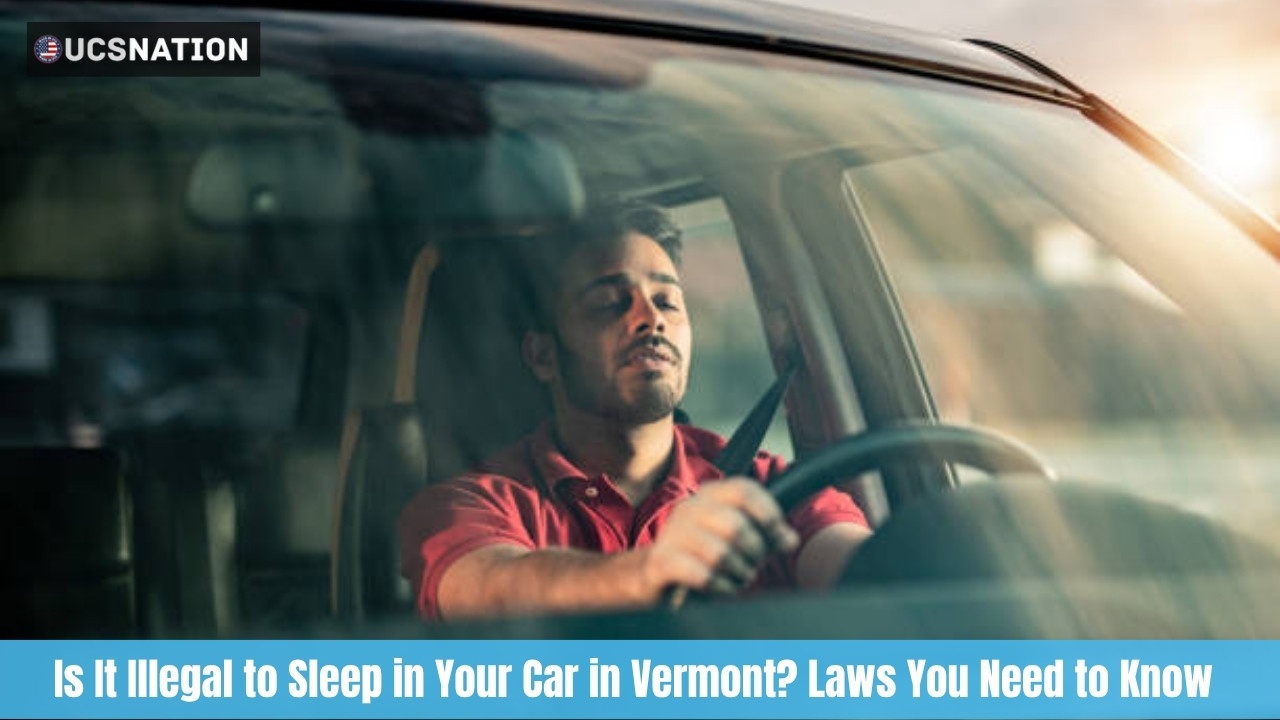
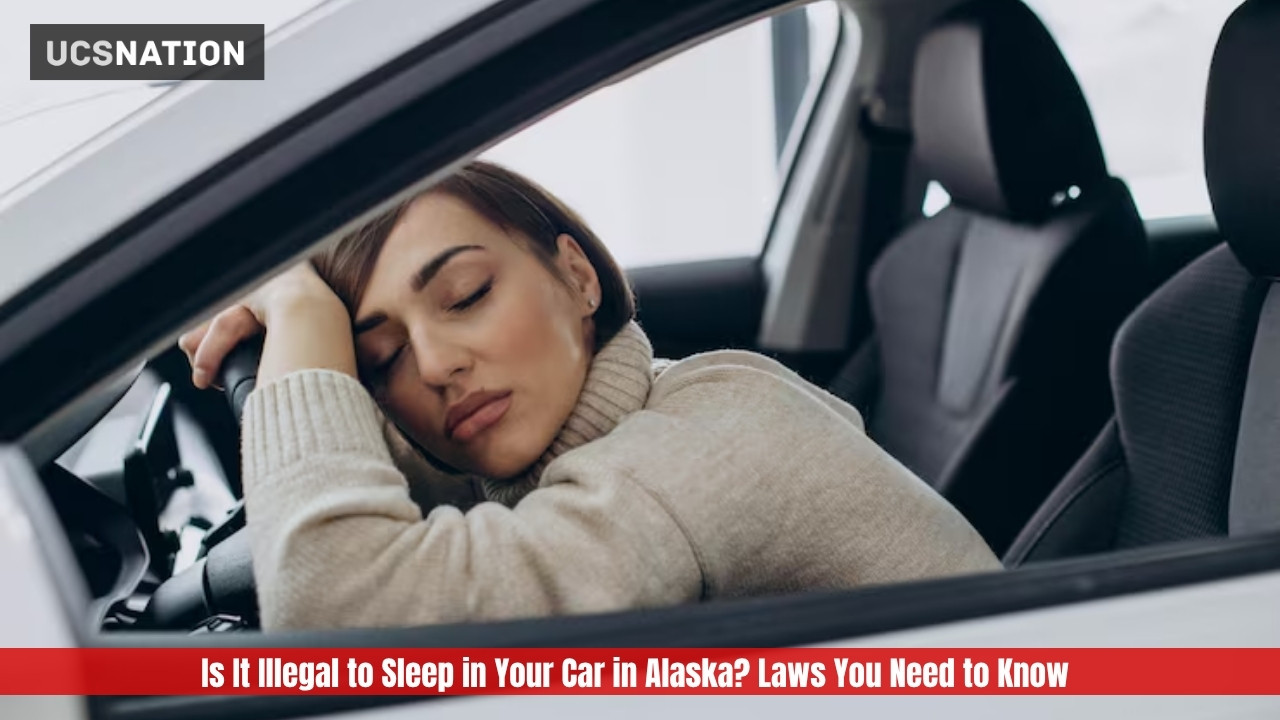
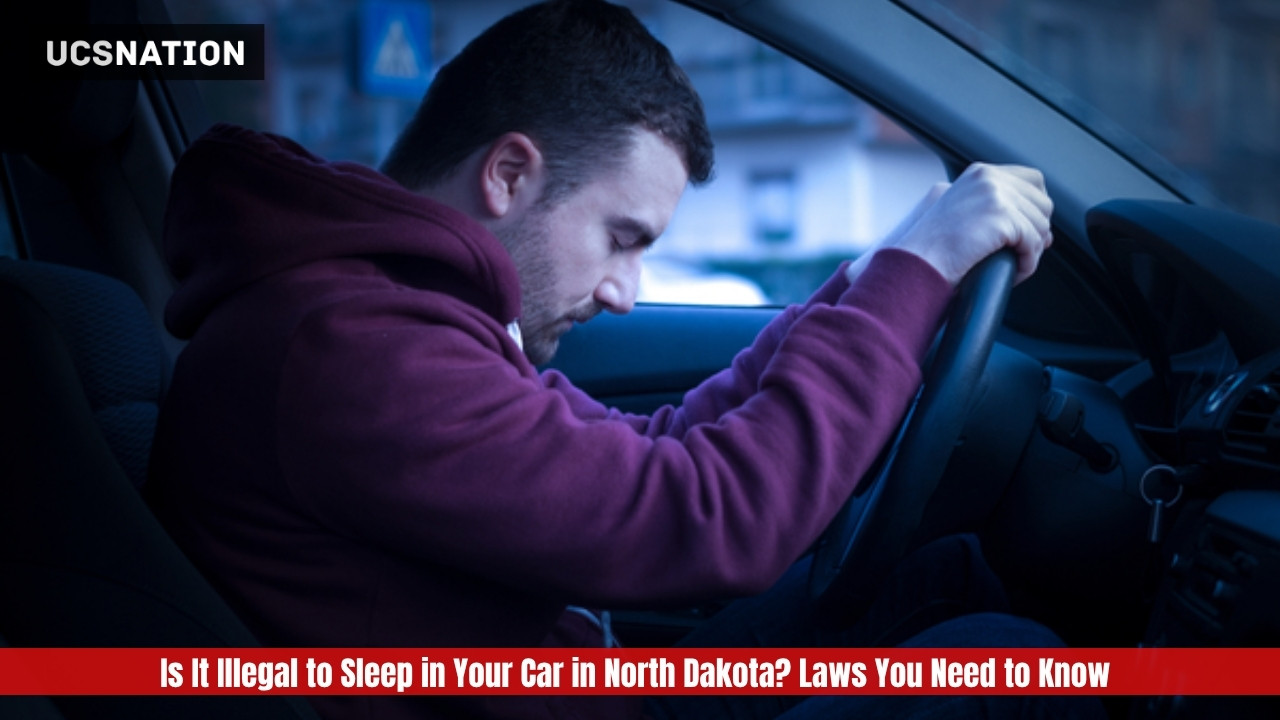
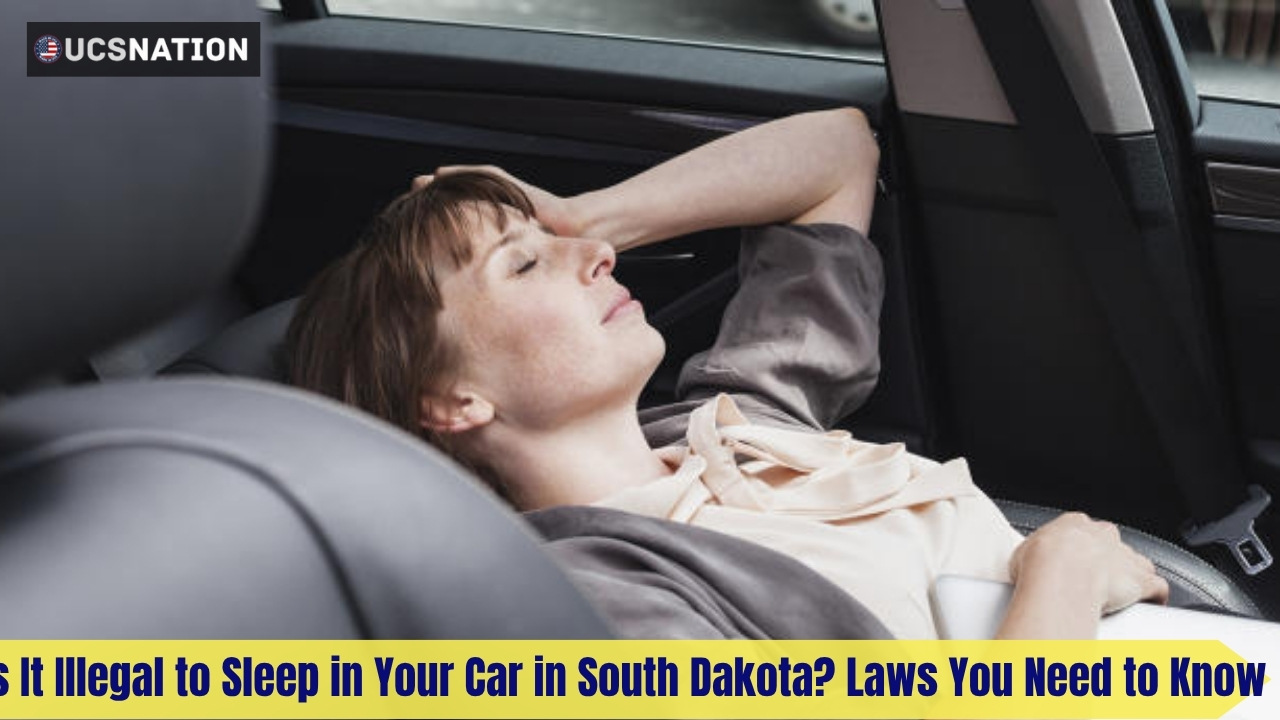




Leave a Reply